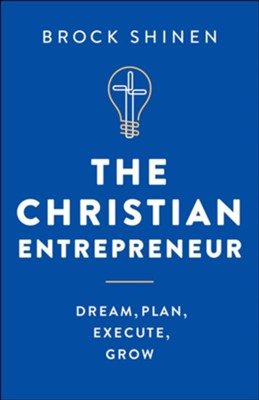How Can You Effectively Communicate?
Estimates vary, but each of us probably sees or hears thousands of messages a day. Some are ads. Some are text messages, emails, or social media posts from family or friends. Some are official announcements from employers or government agencies. Some are news or entertainment in various media. Most of them “go in one ear and out the other.” They don’t make an impact on us that lasts more than a few seconds. As the receiver of all those messages, that’s probably good news, or else we would be burdened with too many different, and sometimes conflicting signals of what we need to do.
But, if your job involves making sure that a particular message gets heard by a specific audience and translates into action, this is a big challenge. In the article linked below I share a simple framework for having the best chance to get your message heard by the people you care about. The framework addresses three critical aspects of an effective communication: who, what, and how.
Who – The Audience
What – The Message
How – Making It Stick
How Can You Effectively Communicate? Read More »





